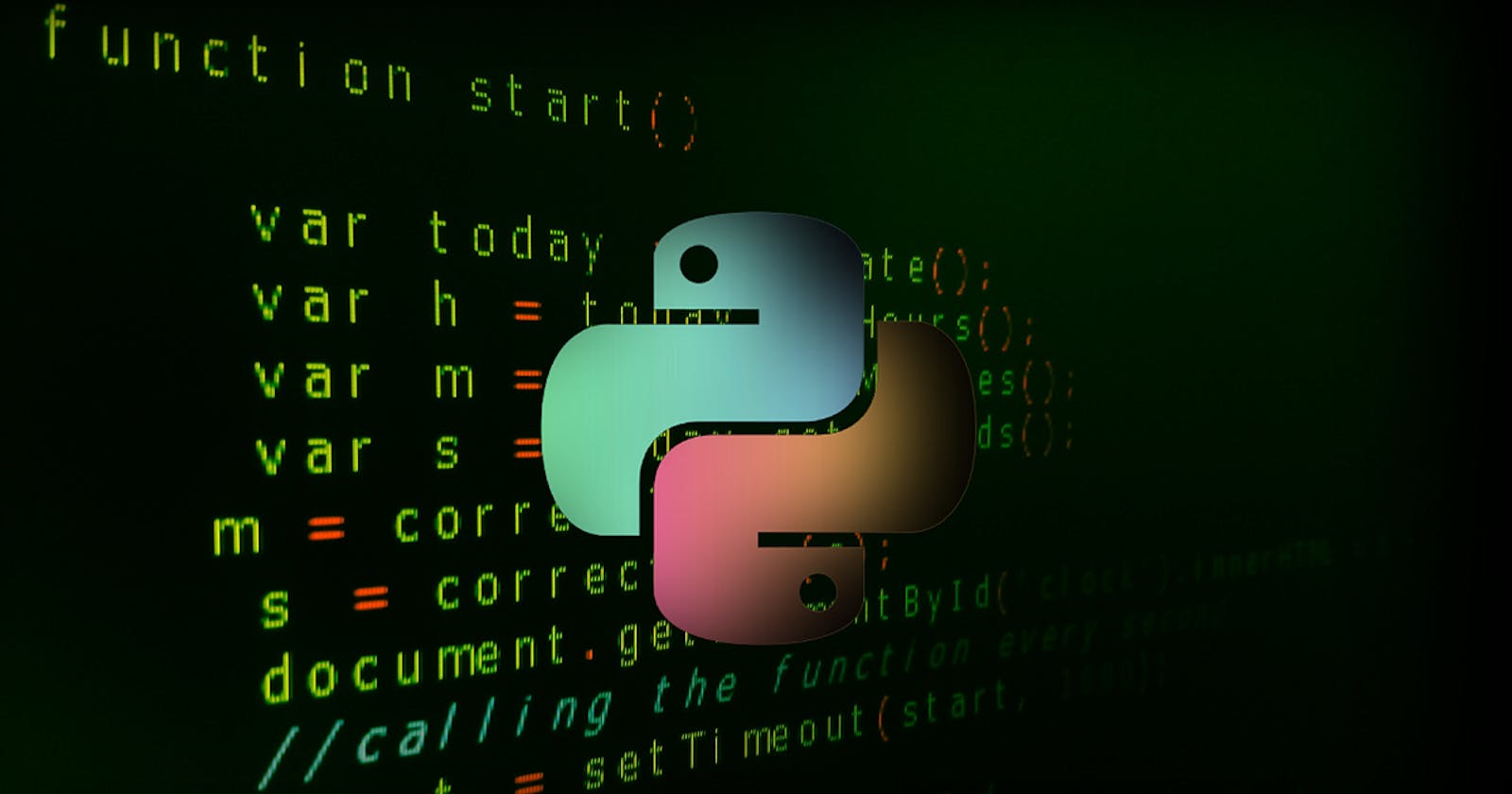Functional programming in Python offers a unique and powerful approach to coding. It shifts the focus from mutable state and imperative code structures to immutable data and pure functions. This paradigm enhances code readability, maintainability, and efficiency. In this article, we delve into advanced functional programming techniques in Python, providing you with a comprehensive guide to refine your coding skills.
1. Leveraging the Power of Chain Functions
Chain functions are a cornerstone of functional programming in Python, offering a way to compose complex operations from simpler ones. The run() function is a prime example, enabling the combination of multiple functions into a single, cohesive operation.
def run(*tasks):
def compiled_tasks(*args):
result = None
for task in tasks:
if not callable(task):
raise ValueError('Cannot compile. Argument is not a function.')
result = task(result) if result is not None else task(*args)
return result
return compiled_tasks
Practical Application
Use the run() function to chain operations seamlessly:
run(print, len)('example.com') # Outputs the length of 'example.com'
2. Custom Print Function for Function Chains
Python’s native print() function, while useful, returns None, which can interrupt function chains. To address this, we introduce echo(), a modified print function that prints content and returns it, maintaining the flow of the function chain.
def echo(content):
print(content)
return content
Usage Example
Integrate echo() within function chains for seamless operation:
run(len, echo, len)('example.com') # Prints 11 (length of 'example.com') and returns 2 (length of '11')
3. Efficient Loop Processing with Threading
Processing lists efficiently is crucial in functional programming. Our for_item_in function leverages threading for performance and includes a progress bar for visual feedback.
from mantichora import mantichora
from atpbar import atpbar
def for_item_in(_list, **kwargs):
# ... [detailed function implementation]
Example Usage
Process lists with visual feedback:
for_item_in(['data', 'processing'], name='Processing')(run(print, len))
4. Streamlined File Downloading
Downloading files or code efficiently is a frequent requirement. Our lambda function download and download_file function provide a streamlined approach.
import requests
from datetime import datetime
import os
TMP_FOLDER = '/tmp'
download = lambda url: requests.get(url).text.replace('\n', '').replace('\r', '')
def download_file(url):
# ... [detailed function implementation]
How to Use
Download and process files effortlessly:
run(echo, download_file)(['https://file-url.com'])
5. Processing Large Lists in Manageable Chunks
Handling large lists in Python can be challenging. Our small_list function divides a large list into smaller, more manageable chunks.
def small_list(large_list, size):
# ... [detailed function implementation]
Practical Application
Process large lists in smaller, digestible parts:
chunks = small_list(large_data_set, 100)
Dive Deeper into Functional Programming
We invite you to explore these techniques and integrate them into your Python projects. Functional programming can significantly enhance the clarity, efficiency, and maintainability of your code. Share your experiences and insights in the comments below, and let's continue to learn and grow together in the world of Python programming.
Happy coding! 🎉👩💻👨💻

